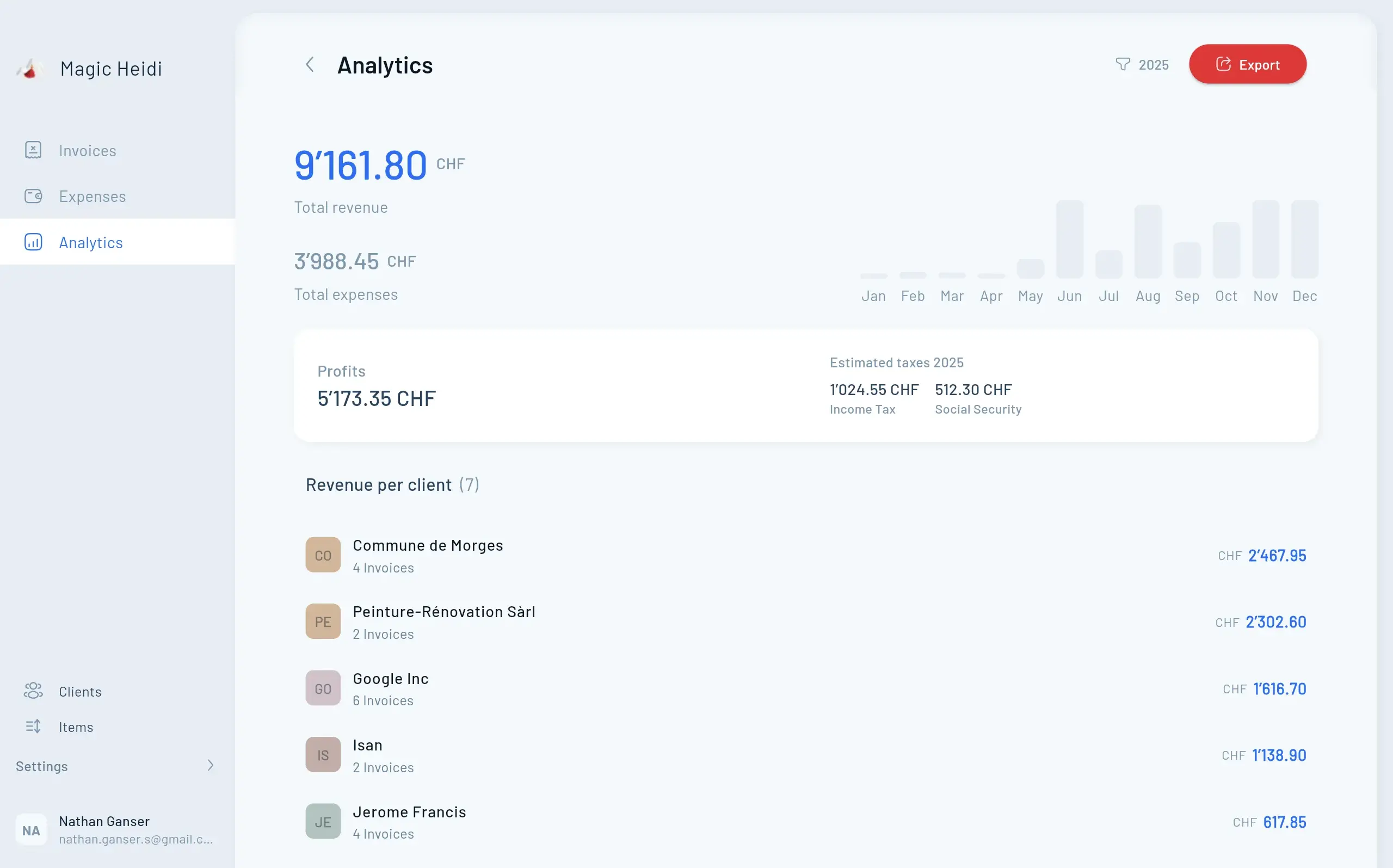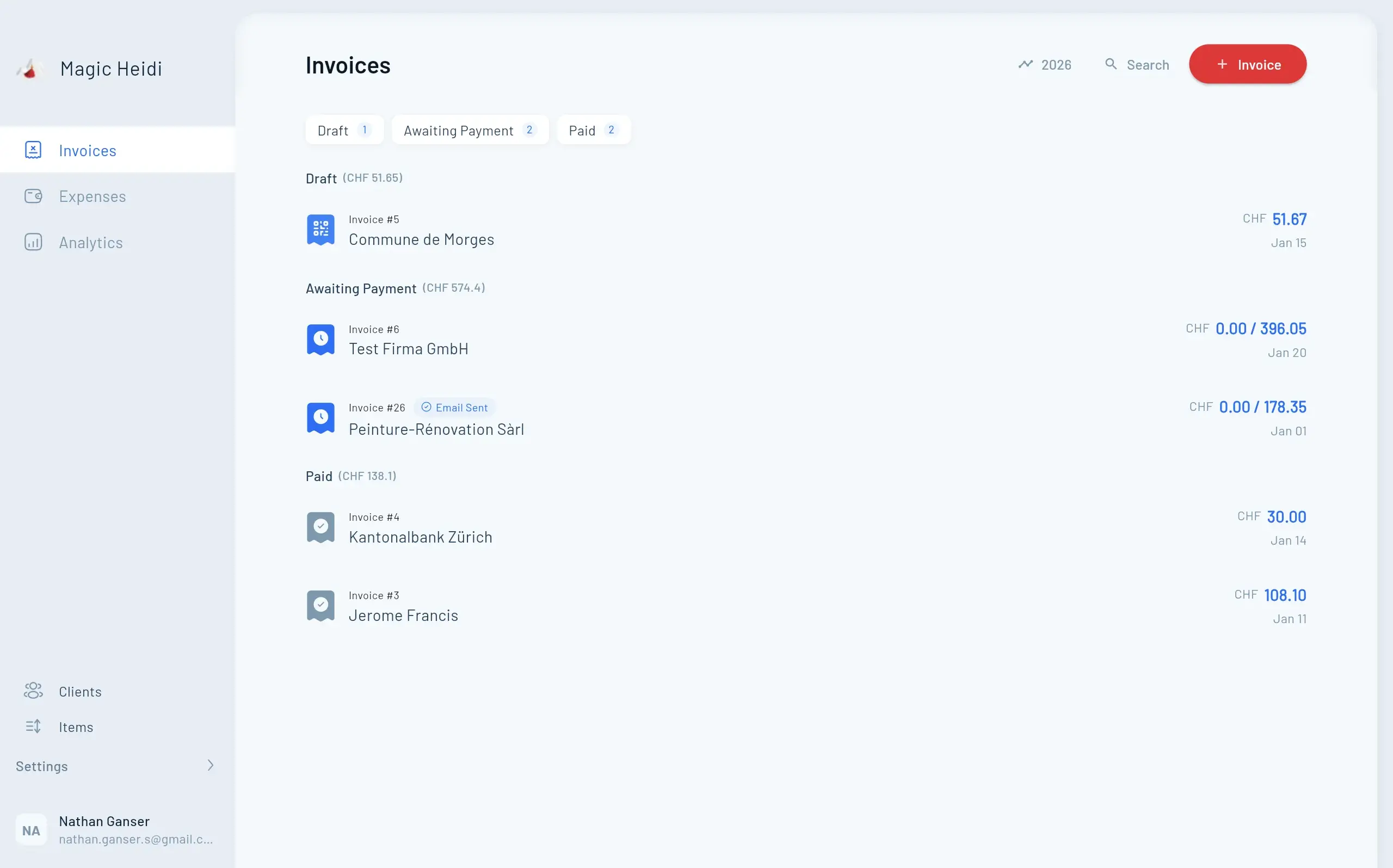There's No Automatic CHF 2,300 Registration Rule
The CHF 2,300 threshold (CHF 2,500 from January 2025) applies to AHV social security contributions, not self-employment registration.
- Primary self-employment requires AHV office recognition
- The office evaluates your situation based on multiple criteria
- Secondary self-employment under CHF 2,500/year is voluntary for AHV
- Over CHF 2,500/year you should register and pay contributions

